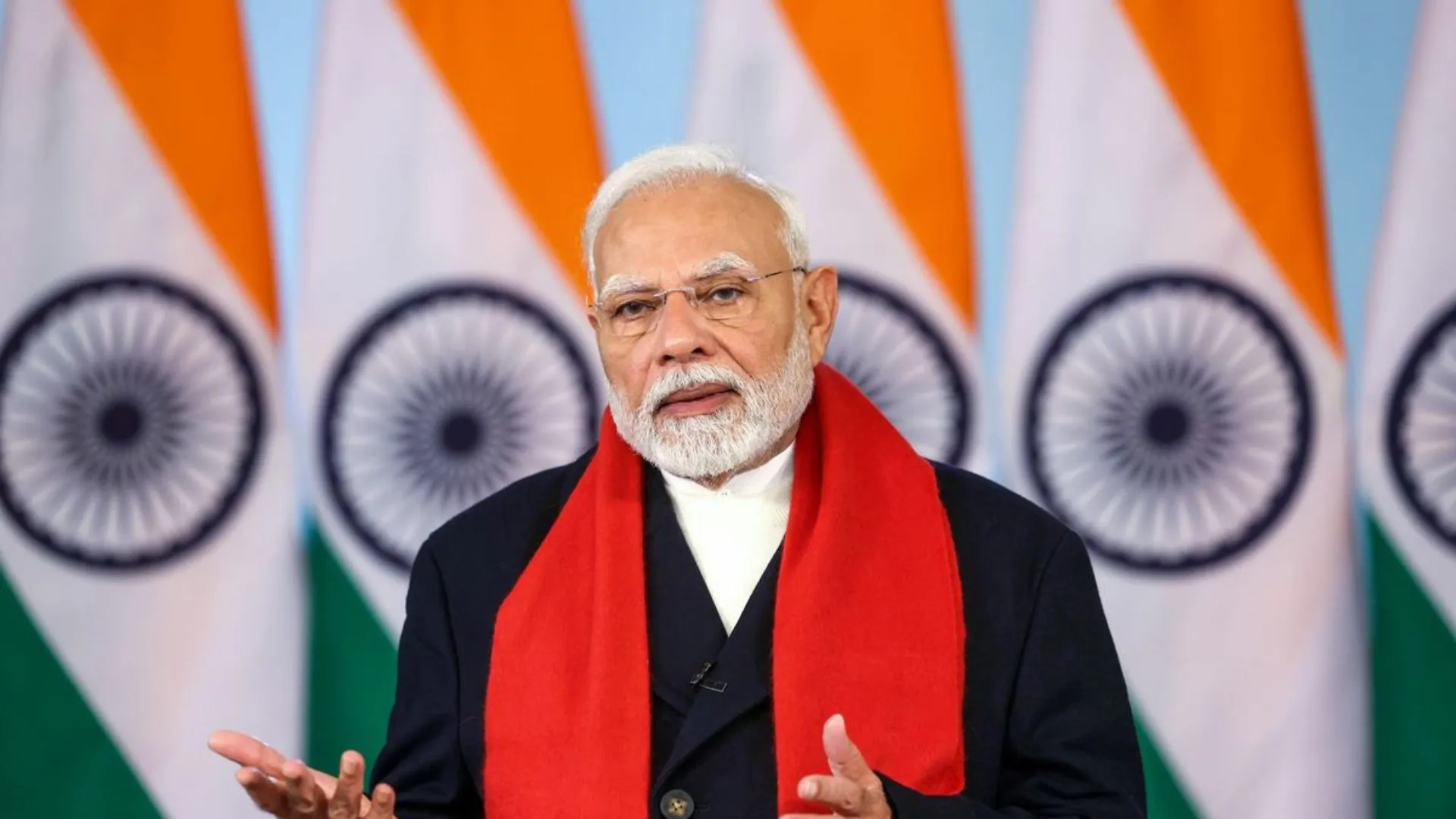India’s financial system regulator, Reserve Bank of India (RBI), is demonstrating a serious commitment to improving governance and transparency at finance companies and banks, with the RBI’s recent measures aimed at curtailing lenders’ over-exuberant, enhancing compliance culture and safeguarding customers. While the global ratings firm has appreciated the RBI’s “diminishing tolerance for non-compliance, customer complaints, data privacy, governance, know-your-customer (KYC), and anti-money laundering issues”, it has cautioned that increased regulatory risk could impede growth and raise the cost of capital for financial institutions.
“Governance and transparency are key weaknesses for the Indian financial sector and weigh on our analysis. The RBI’s new measures are creating a more robust and transparent financial system,” says S&P (Standard & Poor’s) Global Credit Analyst, Geeta Chugh. “India’s regulator has underscored its commitment to strengthening the financial sector. The drawback will be higher capital costs for institutions,” Chugh cautions.
The RBI measures include restraining IIFL Finance and JM Financial Products from disbursing gold loan and loans against shares respectively and asking Paytm Payments Bank (PPBL) to stop onboarding of new customers. Earlier in December 2020, the RBI suspended HDFC Bank from sourcing new credit card customers after repeated technological outages. These actions are a departure from the historically nominal financial penalties imposed for breaches, S&P Global notes.
Besides, as the global agency points out, the RBI has decided to publicly disclose the key issues that lead to suspensions or other strict actions against concerned entities and become more vocal in calling out conduct that it deems detrimental to the interests of customers and investors. “We believe that increased transparency will create additional pressure on the entire financial sector to enhance compliance and governance practices,” adds Chugh.
The global agency has also lauded the RBI’s recent actions demonstrating scant tolerance for any potential window-dressing of accounts. These actions include the provisioning requirement on alternative investment funds that lend to the same borrower as the bank/finance company. Amidst the possibility of some retail loans, such as personal loans, loans against property, and gold loans getting diverted to invest in stock markets and difficulty of ascertaining the end-use of money in these products, S&P Global underlines the faith of market participants that the RBI and market regulator, the Securities and Exchange Board of India, want to protect small investors by scrutinizing these activities more cautiously.
On the flip side, at a time of tight liquidity, the RBI’s new measures are likely to limit credit growth in fiscal 2025 (year ending March 2025). “We expect loan growth to decline to 14 per cent in fiscal 2025 from 16 per cent in fiscal 2024, reflecting the cumulative impact of all these actions,” says Chugh. The other side of the story is that stricter rules may disrupt affected entities and increase caution among fintechs and other regulated entities and the RBI’s decision to raise risk weights on unsecured personal loans and credit cards may constrain growth.
Household debt to GDP in India (excluding agriculture and small and midsize enterprises) increased to an estimated 24 per cent in March 2024 from 19 per cent in March 2019. Growth in unsecured loans has also been excessive and now forms close to 10 per cent of total banking sector loans.




















